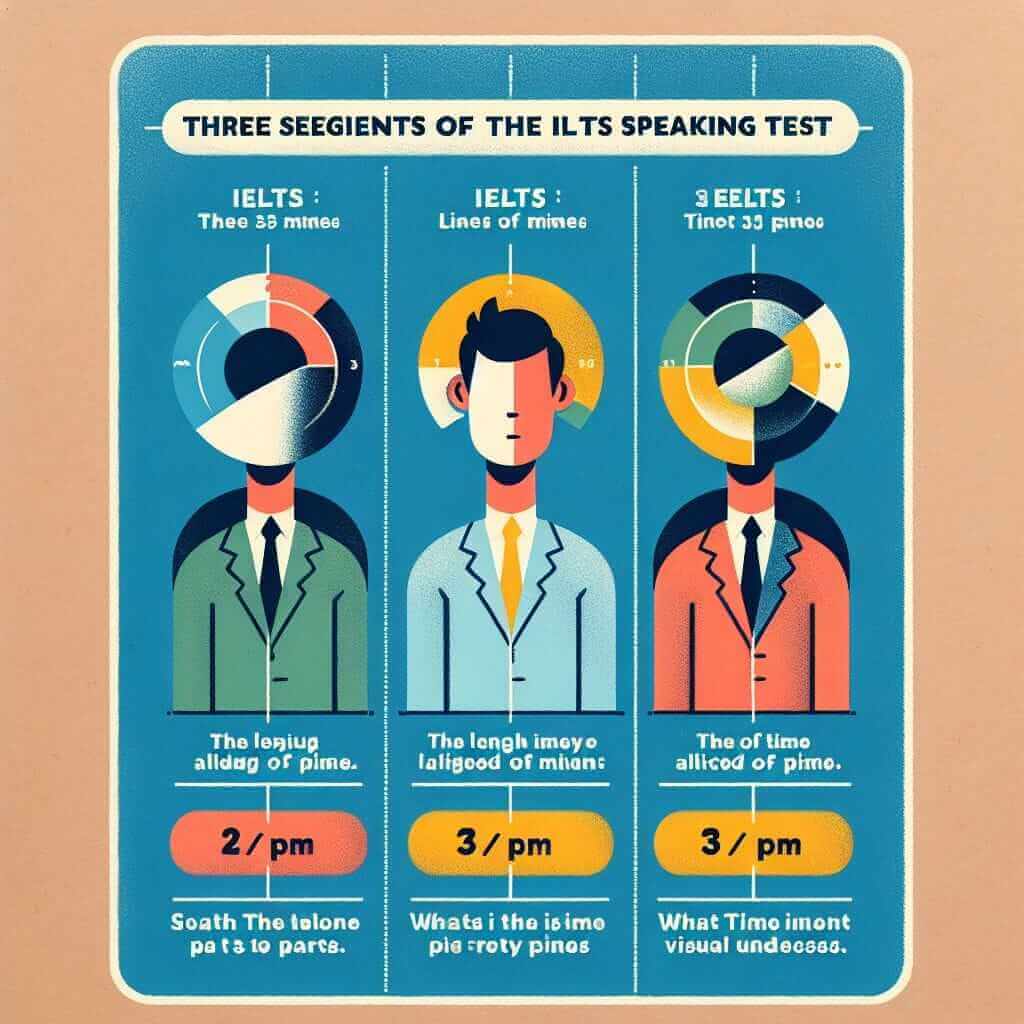As an IELTS instructor with over two decades of experience, I’ve witnessed firsthand the struggles students face, particularly with time management in the Speaking test. Many find themselves fumbling for words, rushing through answers, or leaving questions incomplete. This article delves into the most common time management hurdle in IELTS Speaking and provides practical strategies to help you triumph over it.
The Biggest Time Management Challenge: Expanding on Ideas Effectively
While nervousness and unfamiliarity with the test format contribute to time pressure, the most significant challenge I’ve observed is the ability to expand on ideas effectively within the given time limit.
Many candidates, even those with good English proficiency, struggle to provide substantial and well-developed responses. They may offer short, one-sentence answers or deviate from the topic, ultimately losing valuable seconds.
Mastering the Art of Elaboration
The key to overcoming this challenge lies in understanding what constitutes a well-developed response and practicing techniques to achieve it. Here’s a breakdown:
1. Understand the Requirements
Each part of the Speaking test demands a different level of elaboration.
- Part 1: Requires shorter, more direct answers. Aim for 2-3 sentences per question.
- Part 2: Demands a more extended response. You have 1 minute to prepare and should aim to speak for 1-2 minutes.
- Part 3: Involves a deeper discussion with more abstract questions. Aim for detailed answers, elaborating with examples and justifications.
2. Utilize the Power of Examples
Examples are your secret weapon in the IELTS Speaking test. They not only add substance to your answers but also buy you time to think and structure your response. Instead of simply stating your opinion, illustrate it with a personal anecdote, a historical event, or a hypothetical situation.
For example:
Question: Do you think technology has made our lives easier?
Weak response: Yes, technology has made life easier. We can do things faster now.
Strong response: Absolutely, technology has revolutionized our lives. For example, I used to spend hours in libraries researching for my university assignments. Now, with just a few clicks, I can access a wealth of information online within seconds.
3. Structure Your Thoughts
A structured answer is a clear answer. Before you start speaking, take a moment to organize your thoughts. A simple framework like this can be helpful:
- State your point: Directly address the question.
- Explain your reasoning: Provide reasons for your point of view.
- Give an example: Illustrate your point with a relevant example.
- Conclude: Summarize your main point.

Examples from Real IELTS Speaking Tests
Let’s look at how you can apply these strategies to real IELTS questions:
Question (Part 1): Do you enjoy reading?
Strong response: Yes, I’m an avid reader. I find that reading allows me to escape into different worlds and perspectives. For instance, I recently finished a historical fiction novel that transported me back to ancient Rome. It was fascinating to learn about their culture and way of life.
Question (Part 2): Describe a time you had to overcome a challenge.
Strong response: (After 1 minute of preparation) One challenging experience that comes to mind was when I decided to run a marathon for the first time. I had always been quite athletic, but the distance seemed daunting. To prepare, I followed a rigorous training schedule, gradually increasing my mileage each week. There were times when I felt like giving up, but I pushed myself harder, reminding myself of my goal. In the end, crossing that finish line was incredibly rewarding, proving that I could achieve anything I set my mind to.
Time-Saving Tips for IELTS Speaking
- Practice regularly: Regularly practicing speaking within the time limit will make you more comfortable and efficient on test day.
- Record yourself: Record your practice sessions to identify areas where you tend to rush or get stuck.
- Use linking words: Transition words like “furthermore,” “however,” and “for instance” help connect your ideas and create a smoother flow.
- Don’t be afraid to pause: It’s perfectly acceptable to take brief pauses to think. Use phrases like “Let me see” or “That’s an interesting question” to buy yourself a few seconds.
Conclusion
Effective time management in IELTS Speaking boils down to your ability to elaborate on your ideas clearly, concisely, and within the given timeframe. By implementing the strategies outlined above and dedicating time to consistent practice, you can overcome this common challenge and boost your confidence on test day. Remember, fluency is just as important as accuracy, and with the right approach, you can master both.